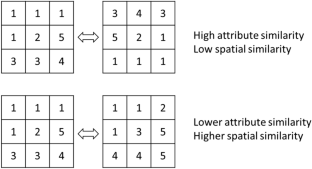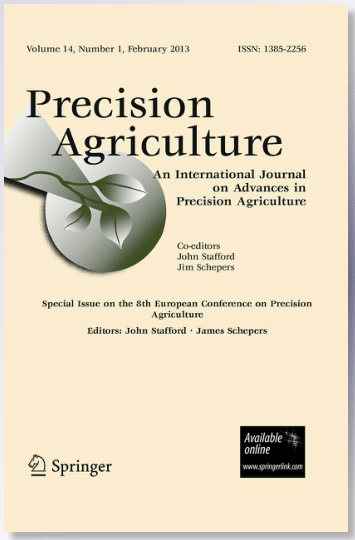Improving agricultural nitrogen management is one of the key objectives of the recent Green Deal in Europe. Current technological developments in agriculture offer new opportunities to improve nitrogen fertilization practices. The aim of this study was to adapt to Sentinel-2 data a proven delineation method initially developed for yield maps, in order to facilitate precise nitrogen management by farmers. The study was conducted in two steps. Firstly, an analysis at annual level was conducted to assess the relationship between vegetation indices and yield at the subfield scale, for different sensing period. The second step consisted in performing a pluri- annual analysis through the delineation of management zones and compare the results achieved from yield maps and from NDVI maps. Among different vegetation indices, NDVI proved to be an interesting candidate for subfield detection of yield variation, specifically when the index was sensed was sensed around the second half of May. In this area, this period usually corresponds to phenological development between the flag leaf stage and heading stage, just prior the initiation of winter wheat flowering. Using NDVI maps within Blackmore’s delineation approach instead of yield maps. Allowed to reach an accuracy of 69% on zone classification. However, as yields and NDVI distribution do not respond to similar statistical distributions, we considered that the delineation threshold used to differentiate high from low yielding zones had to be adapted. The adaptation of the “performance threshold” in favor of the median NDVI, made it possible to achieve a higher accuracy (71%) of the delineation. But above all, the improvement lies also in a more robust satellite-based delineation.



